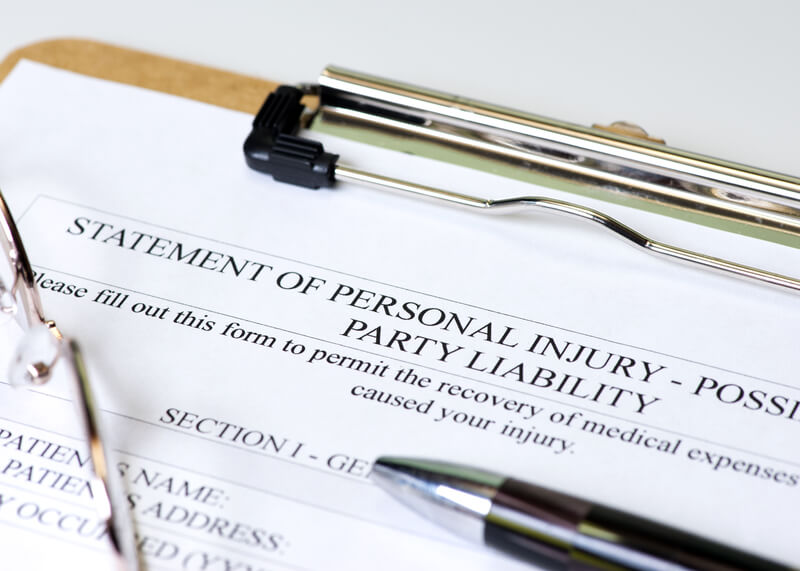

What Is Personal Injury? And Why Do I Need An Attorney?
Have you ever wondered what separates a normal injury from “personal injury,” the term used by lawyers that often involves a settlement or lawsuit? Personal
Practice Areas Explore All
Locations Explore All
Behind each of those crashes, of course, are people—individuals trying to drive to work, pick up kids from school, go out with friends, take a vacation or just run their errands. A car crash—even one that doesn’t result in death or life-changing injuries—disrupts life. It means missing shifts, replacing gymnastics drop-offs with specialist visits and juggling the seemingly endless administrative tasks it takes to make insurance claims, handle car repairs, pay the medical expenses, and keep the household running in the meantime.
That’s where we come in. At Litner + Deganian, we understand how overwhelming it can feel after a car crash and how hard it is to focus on your recovery. We work to achieve the best outcomes for our clients, gathering evidence, handling negotiations and always sharing our honest opinion. We’ve worked on both sides here—representing insurance companies in our early careers—and we know how they think.
We don’t want life to be defined by injury. We want to help you move past it and move forward.
During a free consultation, we can talk through your case, discuss your options and get you started on putting your auto accident behind you.
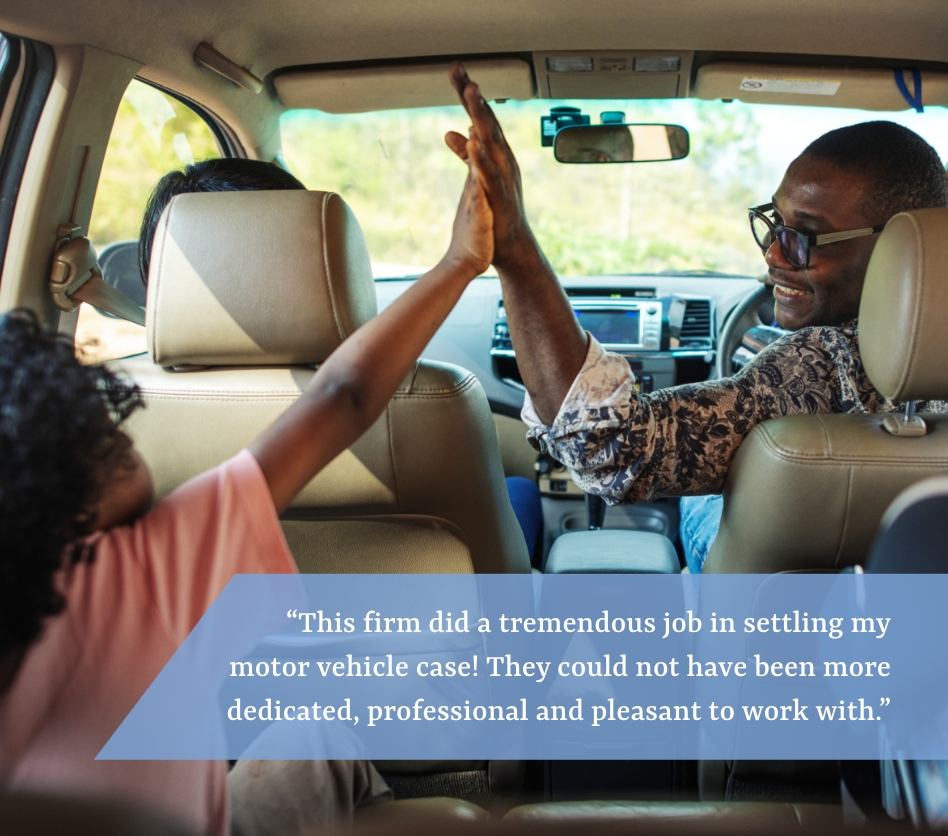

Often, people are surprised to learn that the majority of car accidents don’t make it all the way to the courts. It’s understandable then to wonder why, if most auto accidents are settled before a lawsuit, you really need a personal injury attorney in the first place.
Here’s the thing, though: Insurance companies have a business to run, and they always have to keep profits in mind. When their insured driver is clearly at fault, this might mean settling claims quickly for less money than they’re worth. When the car accident claim is more ambiguous or complex, the insurance company might put up a fight—denying fault or arguing the injuries were exaggerated.
Unfortunately, insurance companies will also throw up obstacles to your financial compensation. They may ask for a recorded statement, ignore your communications or otherwise try to wear you down. When they learn a personal injury attorney is involved, this usually stops. It may not be fair, but the threat of legal action tends to motivate insurance companies to action.
Handling your own claim is also a major time commitment. And when you’ve been hurt, it’s hard to focus on your recovery and other responsibilities while you’re working on your case. In order to receive fair financial compensation from the insurance companies, it’s smart to hire an experienced car accident lawyer.
Look for top-rated attorneys online. Talk to your family, friends and coworkers—some might even share names after you mention you’ve been hurt in a car crash. Once you have a few possibilities, ask how long the attorneys at the firm have been in practice. While every personal injury case is different, you learn a lot after working hundreds of them. Also find out how many personal injury cases the attorney handles each year. Some firms cover multiple practice areas. You’ll want to be sure you’re hiring an expert in car accident cases.
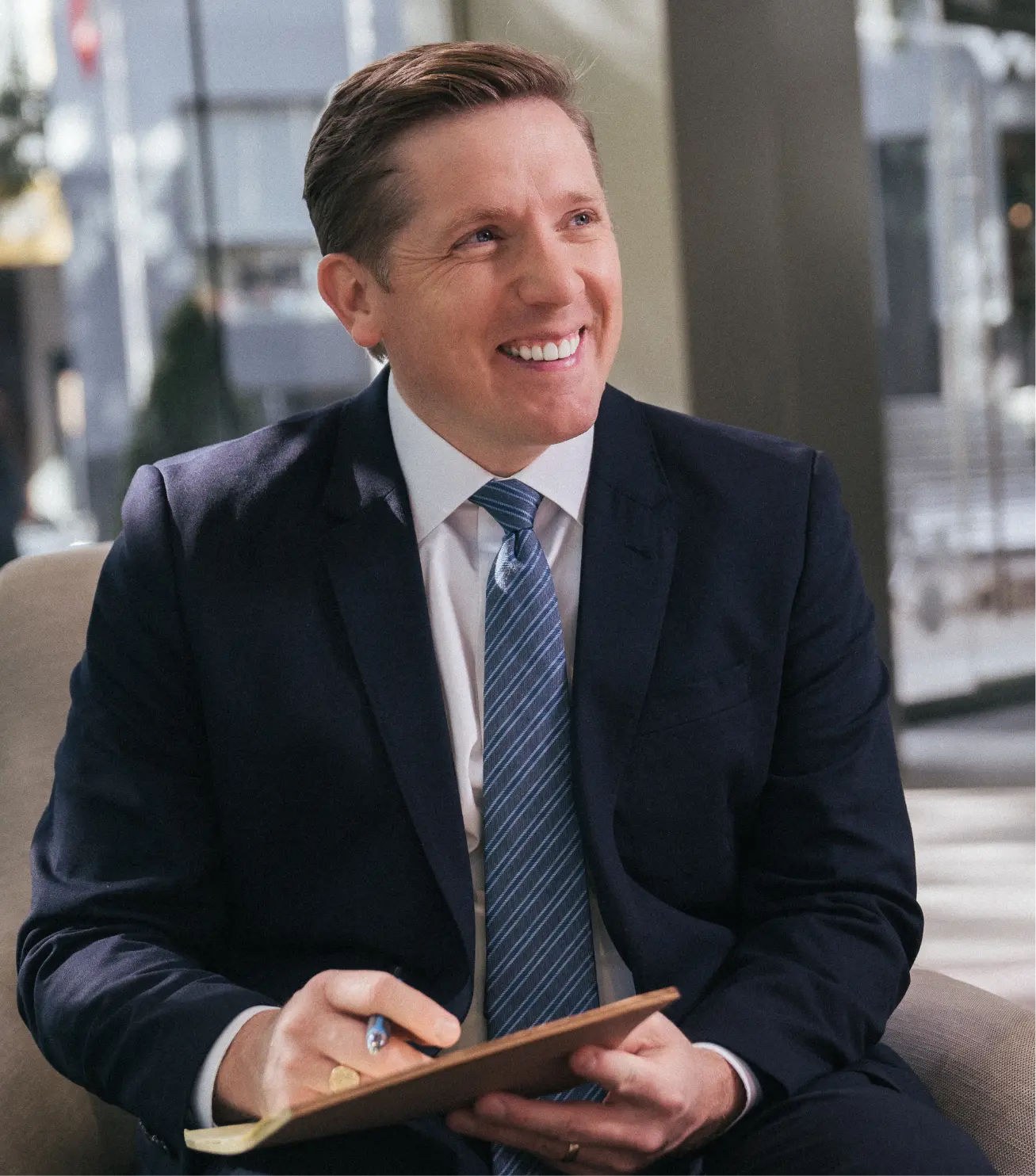

While the Georgia statute of limitations to file a car accident lawsuit is usually two years (certain exceptions can make it shorter), it’s best to get started much earlier.
Once we begin working with a client on a car crash case, we:
At Litner + Deganian, a lot of our business comes from referrals: clients who know how we work and trust their friends with us. Why?
We nerd out over every detail of your case. We keep things clear and realistic when it comes to your settlement. And, if you ask us, there are never enough of your questions to go around…so keep them coming. Most importantly: We’ll wait until you collect money before we do.
With an extensive track record of successful car accident cases behind us, there isn’t a case we’re not fully equipped to handle. Here’s a quick glance at some of our latest:


Have you ever wondered what separates a normal injury from “personal injury,” the term used by lawyers that often involves a settlement or lawsuit? Personal


When you or a loved one experiences a serious personal injury, you need to act fast and thoroughly in order to ensure that you receive
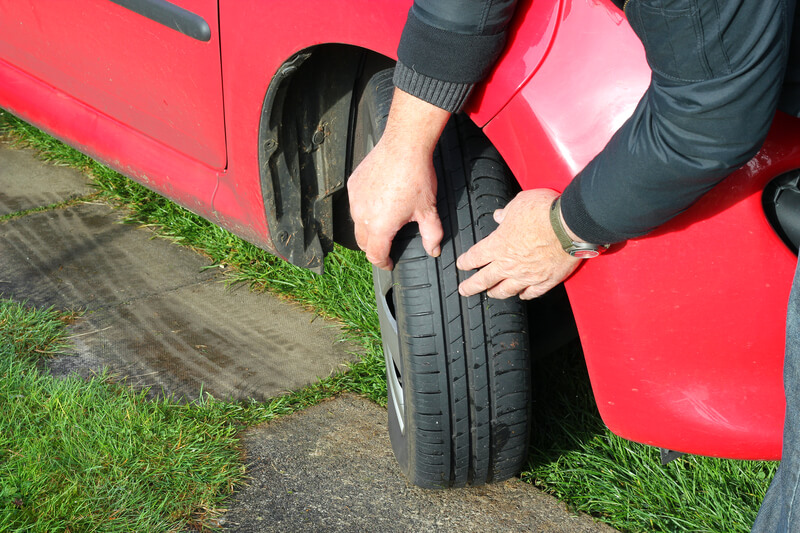

Tires are easy to ignore. When you drive every day worried about going to work, running errands, or shuttling your kids around, your tires are
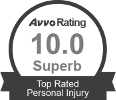

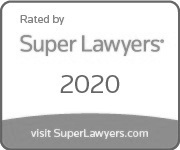

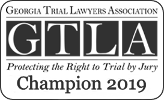





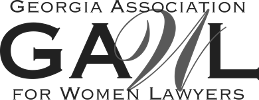



Call Us 24/7 678.956.8500 | Fax Us 678.809.1775
Fax Us 678.809.1775
© 2024 Litner + Deganian, P.C. 2023. All Rights Reserved.
Sitemap |
Disclaimer | Privacy Policy